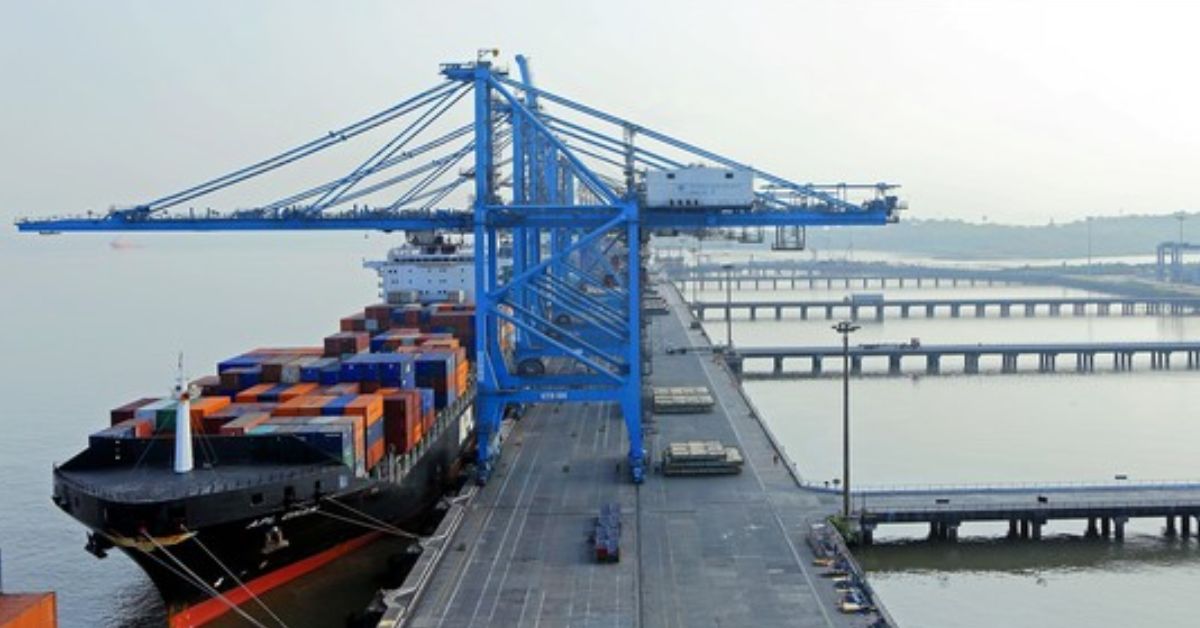The Ministry of Ports, Shipping, and Waterways has set up a three-member panel of port chairmen headed by Sanjay Sethi, Chairman, Jawaharlal Nehru Port Authority to examine the issue of permitting the regulated older public-private-partnership (PPP) cargo terminal operators to migrate to a market driven pricing regime, similar to the freedom available to private cargo handlers that started or will start operations after the new law took effect in 2021.
The Major Port Authorities Act, passed by Parliament and notified in the gazette on 18 February 2021, gives freedom to the 11 ports it governs, and new cargo handling terminals set up by private firms at these ports, to levy market determined rates, by scrapping the Tariff Authority for Major Ports or TAMP, the erstwhile rate regulator for state-run ports.
However, the fate of the older cargo handlers was uncertain, with no clarity on allowing them to levy market rates. The panel is expected to suggest a set of guidelines for migrating the older cargo terminals to a market driven rate regime keeping in view the commercial and other aspects. The process of writing the guidelines is underway and the exercise will likely be concluded in a month.
“Basically, the terms of the concession agreements signed by the private operators with the respective port authorities, will remain the same. The Committee is examining whether they can be permitted to move into the market determined pricing but at the same time keeping the interests of the port authorities in mind,” he said.
According to the plan being discussed, the older cargo terminals will be allowed to levy market determined rates. The royalty/revenue share, as the case maybe, that the private operators are contractually mandated to pay the port authorities, will be based on the market rates set by them, subject to the minimum guaranteed throughput (MGT) written into the contracts. The royalty or revenue share payouts will be based on actual traffic or MGT, whichever is higher, the official said.








